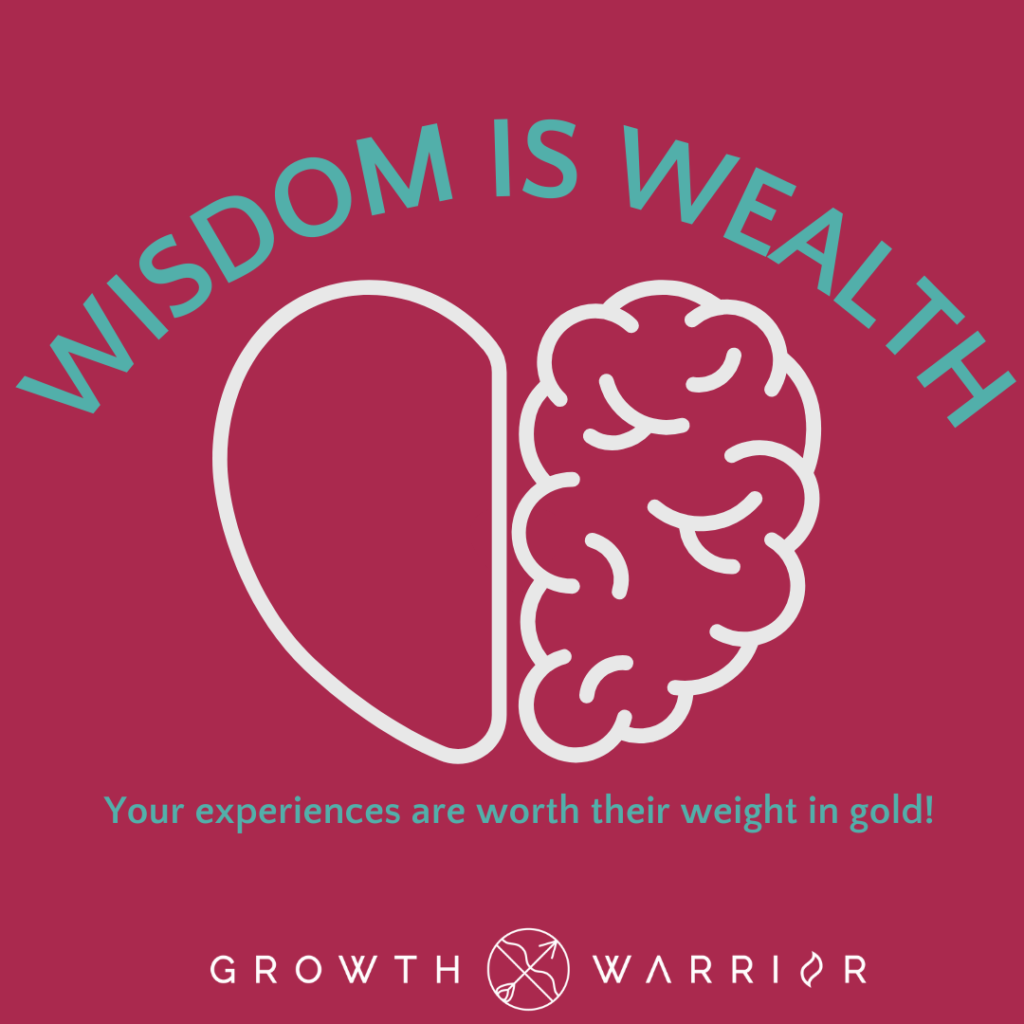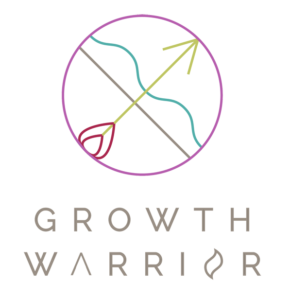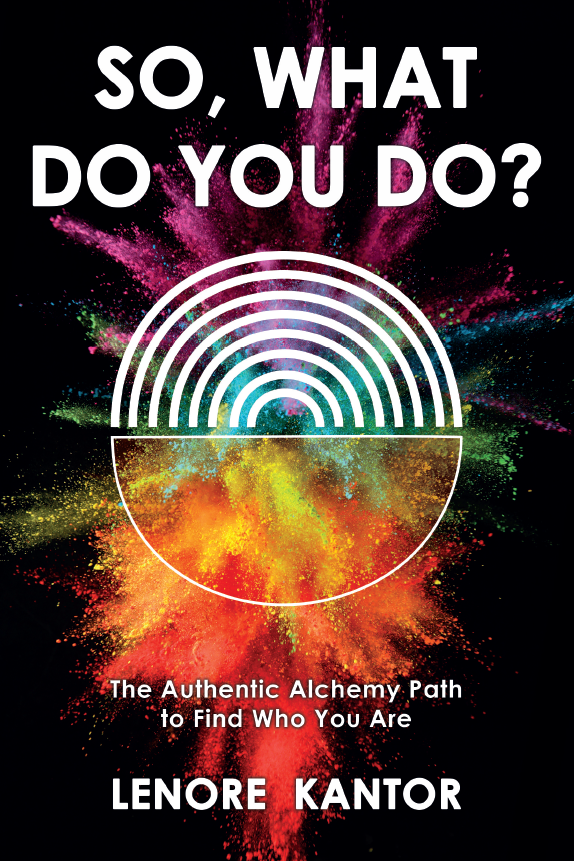What do you know to be true?
How do we know things? Telling truth from fiction is getting harder these days, so we need to uncover information sources that we can count on. Our lived experience is one way to trust our own intuition and instincts. We can believe what we feel in our bones. Maybe we check in with our heads and then do a gut check to make sure there’s a sense of integrity between our thoughts and impressions. The best way to know we can trust ourselves is by learning and integrating the important lessons of our lives.
Learning leads to growth. I previously shared the importance of fascination and curiosity as guides to discover your interests. Those are great initial starting points, however I believe a stronger argument can be made for their kissing cousin, learning, which translates that initial spark of interest into useful information that you have integrated. Your experiences inform and become your sense of knowing.
Here are 3 tips to enhance your wisdom and self-awareness.
1) LEARN ABOUT WHAT INTERESTS YOU. Make an effort to go deeper into what you care about and you will be paid back a hundred-fold with increased knowledge. Follow your passion and it can eventually lead to your purpose. The more you know, the more you can flow and that’s where we all want to get to – a state of ease and grace where we are “in sync” with the rhythm of life.
2) LEARN TO LEARN. We must be open to learn new things. A full cup can’t take in more liquid like a soaked sponge can’t absorb anything else. Make sure there is space for new perspectives. Beginner’s mind is a powerful state of being that lets us take in new information more easily without the self-judgement of not knowing or being an expert. From this place, we can embark upon the discovery process with a sense of awareness and experimentation, allowing things to unfold without force.
3) LEARN BY DOING. You can read a hundred books and watch YouTube videos all night, but until you roll up your sleeves and get your hands dirty trying something, your knowledge is merely theoretical, not practical. There is no substitute for actual experience. Trying something new, making mistakes, practicing more, then assessing how you feel and what you discovered can help you understand how things work.
Not everything is easy the first time we try. For those quick learners used to mastering things on the first try, some skills may not come as easily, but don’t let that stop you. Not everyone is an expert in everything right out of the gate, even if you have a strong track record. Many things worth doing take effort and commitment. And as you grow, the learning curve can feel steeper because we have more at stake and something to lose (our ego status). We can also learn things without truly mastering them. We won’t know how we feel, whether we’re good or like it until we try. The challenging things are often worth doing, rather than avoiding.
Moving from theory to practice
We become more masterful at things with effort and experience. I’m grateful now that my parents took me skiing from the time I was 4. We went to 2 weeks of ski school every year, non-negotiable. That training helped me feel confident navigating the expert slopes by the time I was 12 and developed my skill and passion that continue to this day.
I can tell you that I didn’t love skiing sitting tips up with my skis stuck in a snow drift next to the T-bar lift I fell off when I was 7 years old. That traumatic memory of being abandoned still exists, yet I managed to get through it with some help and a lot of tears. Then I was back on the slopes the next day – kids are resilient. It can be easier to get through those experiences when we’re younger, and yet we need to be willing to fall down and make mistakes at every age because that’s how we grow.
If you’re not a fan of the School of Hard Knocks (who is?), consider the School of Rock (brilliant branding). Learning takes practice, whether you go to school for it or prefer the DIY method to learn it yourself or on the job. I learn and integrate knowledge by writing things down and trying stuff out. For me, that is the only way to see what works and what doesn’t.
Some questions to consider:
- What have you learned lately that has helped you grow?
- How did you learn (by reading, practicing, classes, videos)?
- What would you like to learn more to help you grow (speaking, AI, coding, cooking….)?
- How do you retain knowledge
Considering these questions reminded me that repetition is an effective way to build skill. Doing something again and again reinforces muscle memory. I know that change is possible because we can learn new things and grow. We don’t need to keep doing the same old same old. Yet, we must be open to learning if we want to evolve. We can’t be rigid and stuck in our ways or inertia sets in and we will resist any change.
TRANSLATE YOUR WISDOM
Don’t take for granted that you know stuff. You’re smart and have lots of valuable experience that others will appreciate. Make sure you recognize that just because something comes easily to you doesn’t mean the same is true for others. Your skills may be exactly what others need. You need to know what you’re good at and effectively communicate that through your words and actions.
The path to wisdom comes through learning, application and action. Building your knowledge over time through different experiences which help you anticipate and understand how to respond to what arises. Wisdom is often hard won, which is not to say that you need grey hairs to prove you know something. Just a bit of effort and ongoing commitment.
Integrating and acknowledging what you know will make you wise. Reflecting on your lessons and applying them to your life will enrich your experience. Consider all that bad sh*t that’s happened to you as fertilizer, giving you rich ground to plant seeds in. All your knowledge will help you make better choices now. While you could just get stuck in the mud, mired down with regret or frustration about the challenges you face, you have another choice.
Use every experience to grow!
The more you can apply your learning, the wiser you become and the more meaningful and purposeful your life can be. So the next time you have a powerful experience, uncover a new perspective. Build your point of view. How will you carry that insight forward and let it help you grow. Your efforts will translate into increased confidence and awareness which are essential keys to finding more fulfillment.
What do you need to learn? How can you translate your diverse experiences into your next stage of growth? Let’s explore together to find the meaning in your background and all the lessons you’ve learned. Setup a Discovery Call to see what is possible!



